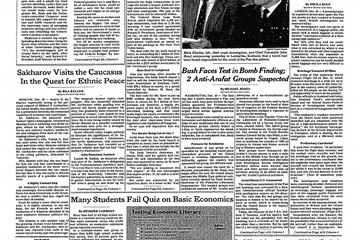Exploring Turin: A City of Rich Heritage and Innovation

Introduction
Turin, the capital of Italy’s Piedmont region, has emerged as a significant cultural and historical hub. Known for its rich history, stunning architecture, and vibrant art scene, Turin is often overshadowed by more famous Italian cities like Rome and Florence. However, the city’s unique blend of tradition and modernity makes it a vital part of Italy’s cultural narrative. In recent years, Turin has also gained international recognition as a centre for innovation and technology, attracting a growing number of visitors and businesses alike.
Historical Significance
Founded as a Roman military settlement, Turin has a long and varied history that has shaped its identity. It served as the first capital of Italy from 1861 until 1865 and is home to the Royal Palace, a UNESCO World Heritage site. The city’s baroque architecture and historical landmarks, such as the Mole Antonelliana, add to its charm and allure. Additionally, Turin is famed for its automotive industry, being the headquarters of Fiat, which has played a crucial role in the city’s economy and identity since the early 20th century.
Modern Developments
In recent years, Turin has invested heavily in urban development and sustainability. The city is embracing technology, with initiatives aimed at transforming it into a smart city. The establishment of the OGR (Officine Grandi Riparazioni), a cultural complex aimed at nurturing innovation and creativity, stands testament to this commitment to modernity. Furthermore, the city’s universities are at the forefront of research and development, contributing to Turin’s reputation as a centre of knowledge and innovation.
Cultural Attractions
Turin boasts a wide array of cultural attractions, from museums to theatres. The Egyptian Museum, which houses one of the most significant collections of Egyptian antiquities outside Cairo, is a must-visit for history enthusiasts. On the culinary front, Turin offers a unique gastronomic experience, famous for its chocolates and the traditional beverage, bicerin, a layered coffee drink. Annual events such as the Salone del Gusto and Artissima Art Fair further showcase the city’s rich cultural tapestry.
Conclusion
In conclusion, Turin is a city that encapsulates the essence of Italian culture while propelling itself towards the future through innovation. Its rich historical significance, combined with its modern advancements, makes it an attractive destination for both tourists and businesses. As it continues to thrive, Turin is poised to solidify its place as a key player in Italy’s narrative, balancing its cherished past with a visionary outlook for tomorrow.









